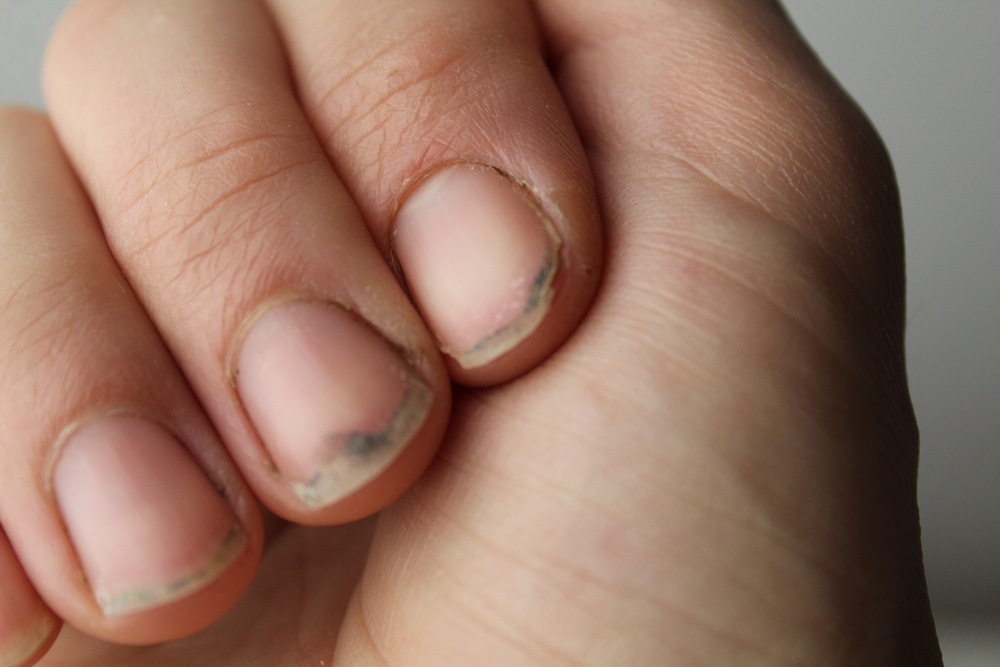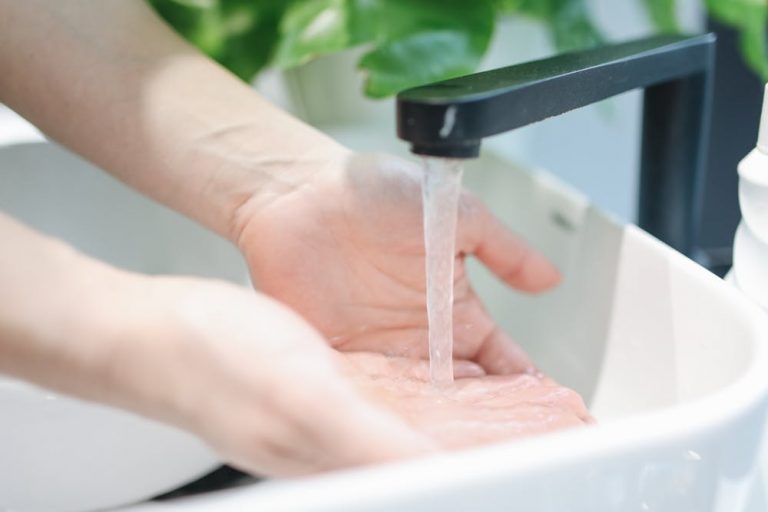Signs of Bad Hygiene You Shouldn’t Ignore
We’ve all had those incredibly busy days, maybe even weeks, where life just feels like a whirlwind, right? Sometimes, in the rush of juggling work, family, commutes, and everything else, those fundamental self-care routines like taking a proper shower, thoroughly brushing our teeth, or even just changing into fresh clothes can get pushed aside.
But what happens when skipping these basics stops being an occasional oversight and becomes more of a pattern? That’s when bad hygiene starts to show.
In this article, we’ll lay down the signs of bad hygiene.
What is Bad Hygiene?
Poor personal hygiene means consistently neglecting the essential practices of cleanliness needed to keep our bodies healthy and comfortable.
Recognizing the signs of poor personal hygiene is essential for an individual’s overall health. It’s the first step towards making positive changes and embracing the benefits of good hygiene—from feeling fresher and more confident to staying protected against illness and discomfort.
Here are common bad hygiene signs to look out for:

1. Body Odor
This is often the most immediate and noticeable sign. While sweating is natural, body odor occurs when bacteria on our skin break down the sweat. Regular washing with soap and water removes both the bacteria and the sweat they thrive on. If bathing isn’t frequent enough, these bacteria multiply, leading to a persistent, unpleasant smell, often noticeable from the armpits, groin, and feet. It can be embarrassing and is usually a clear indicator that washing frequency needs a boost.
2. Unkept Hair
Hair that consistently looks greasy, oily, tangled, or matted often signals infrequent washing. Our scalp produces natural oils, but without regular cleansing, these oils build up, attracting dirt and making hair look limp and unclean. You might also notice dandruff (flaking skin) becoming more prominent.

3. Persistent Bad Breath
We’re not talking about temporary “morning breath” here, but rather a consistent, noticeable bad smell from the mouth. Halitosis or bad breath is usually caused by bacteria buildup due to food particles left lingering between teeth and on the tongue. Infrequent or improper brushing and forgetting to floss allow these bacteria to multiply, releasing sulfur compounds that cause bad odor. It’s one of the key symptoms of bad hygiene related to oral care.
4. Visible Plaque and Tartar on Teeth
Take a close look at the teeth. Do you see a sticky, whitish-yellow film, especially near the gum line? That’s plaque, a buildup of bacteria and food debris. If plaque isn’t removed daily through brushing and flossing, it hardens into tartar (or calculus), a crusty, yellowish or brownish deposit. Tartar is much harder to remove and often requires a professional dental cleaning. Its presence is a definite sign that oral hygiene practices are lacking.
5. Food Stuck Between Teeth Long After Meals
Seeing food particles lodged between someone’s teeth long after they’ve finished eating is another sign that flossing or even basic rinsing isn’t happening regularly. While getting food stuck is normal, leaving it there provides fuel for bacteria that cause bad breath and cavities.

6. Oily or Patchy Skin
Our skin needs regular cleansing to remove dirt, excess oil, sweat, and dead skin cells. When this doesn’t happen, pores can become clogged, leading to increased breakouts like acne on the face, chest, or back. You might also notice generally oily or patchy-looking skin. In some cases, poor hygiene signs can contribute to skin infections, fungal issues like athlete’s foot or ringworm, or rashes in skin folds where moisture and microbes accumulate.
7. Soiled or Smelly Clothing
Wearing the same clothes for multiple days without washing, especially items worn close to the skin like shirts and underwear, is another one of the signs of bad hygiene. Clothes absorb sweat, bacteria, and environmental dirt. Rewearing them can lead to body odor becoming trapped in the fabric, visible stains setting in, and just an overall unclean appearance and smell.

8. Dirty Nails
Look at the nails. Are they long, jagged, or is there visible dirt trapped underneath them? Our hands touch everything, and the area under our nails is a prime spot for collecting germs and grime. If nails aren’t kept trimmed and cleaned regularly, they can harbor bacteria and dirt that can easily be transferred to the mouth or eyes, potentially causing illness.
9. Constant Sickness
While everyone gets sick sometimes, frequently catching colds, the flu, stomach bugs, or dealing with recurring skin infections can sometimes be linked back to hygiene habits. Poor handwashing is a major culprit, allowing germs easy entry into the body. Neglecting overall cleanliness can weaken the body’s first lines of defense, making a person more susceptible to infections. Consistent illness can be one of the less obvious, but significant, symptoms of bad hygiene.
Take the Step Towards Better Hygiene with Consumer Care
These signs of poor personal hygiene doesn’t have to be discouraging. Instead, view it as an opportunity—a signal that a little more self-care is needed.
Recognizing any of these signs, whether in ourselves or someone else, is step one. The next step is positive action. The good news is that improving personal hygiene is achievable with commitment and the right support. It’s about establishing simple, consistent routines. And sometimes, having effective and pleasant-to-use products can make sticking to those routines easier and more enjoyable.
If you’re looking to refresh your routine or find products that truly cleanse and care for your skin, consider starting with Dr. COCO Body Wash. Made with natural ingredients, it offers a gentle yet effective cleanse, helping you wash away the day’s impurities and feel revitalized. It’s a wonderful way to embrace the feeling of clean and support your skin’s health.
Ready to elevate your personal care routine? Buy personal care products online from Consumer Care and take the step towards better hygiene and well-being today.








